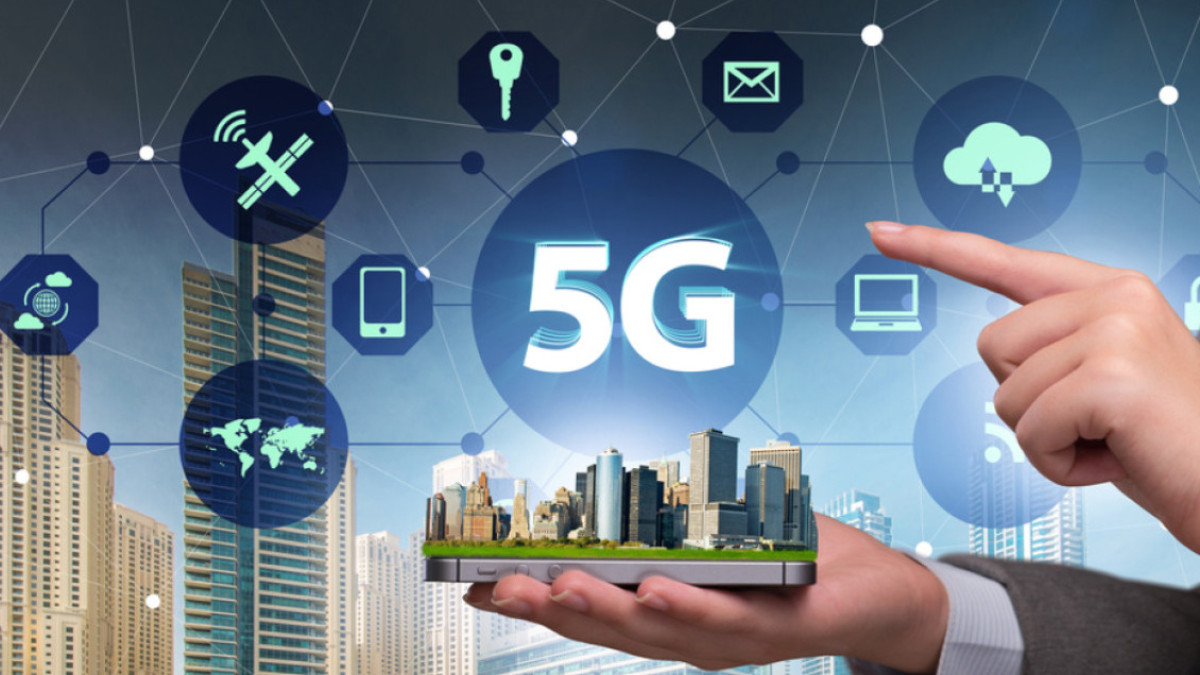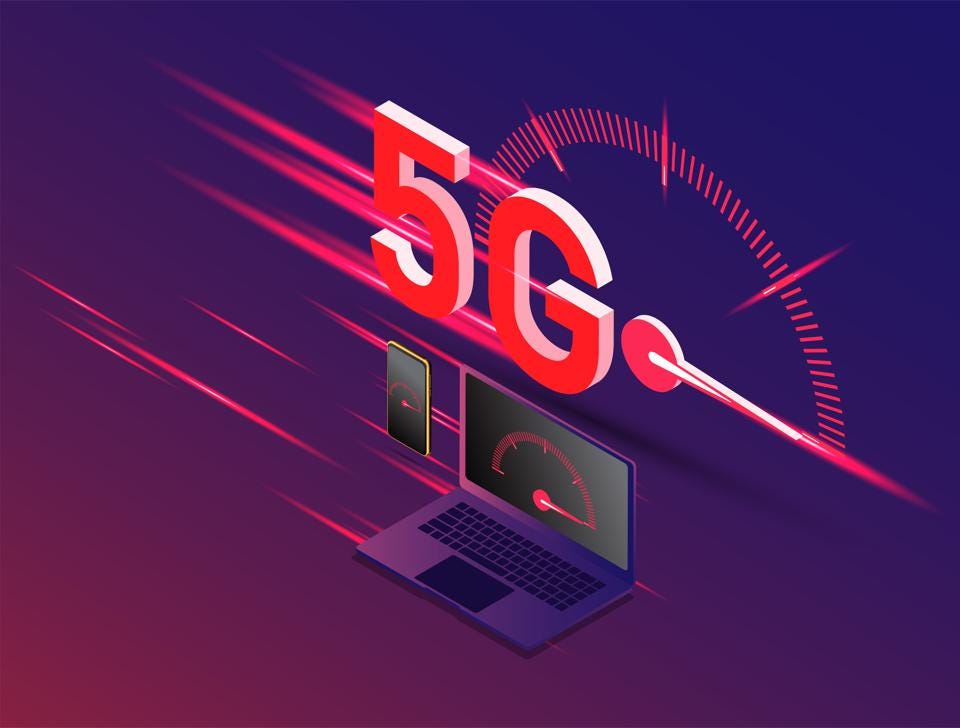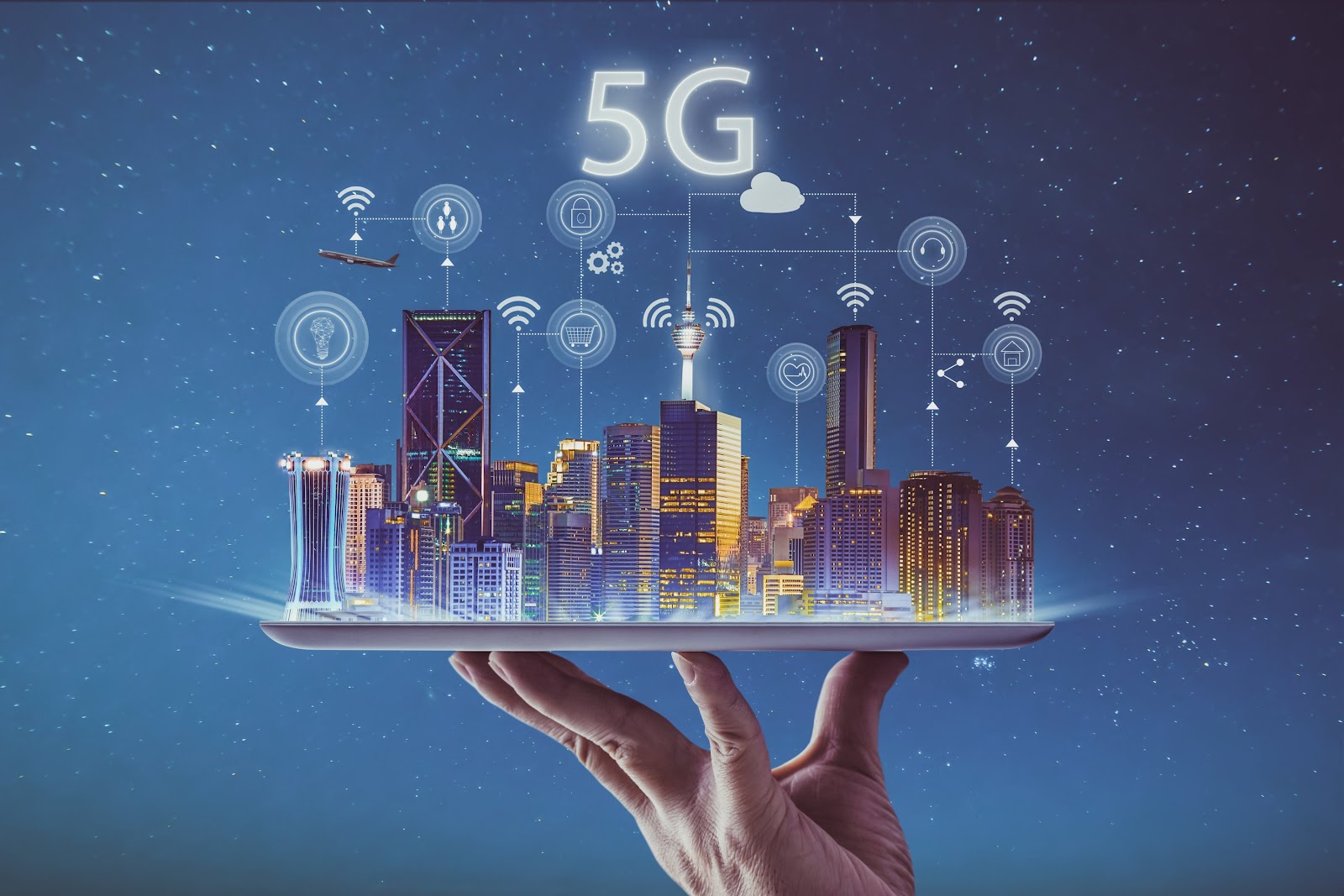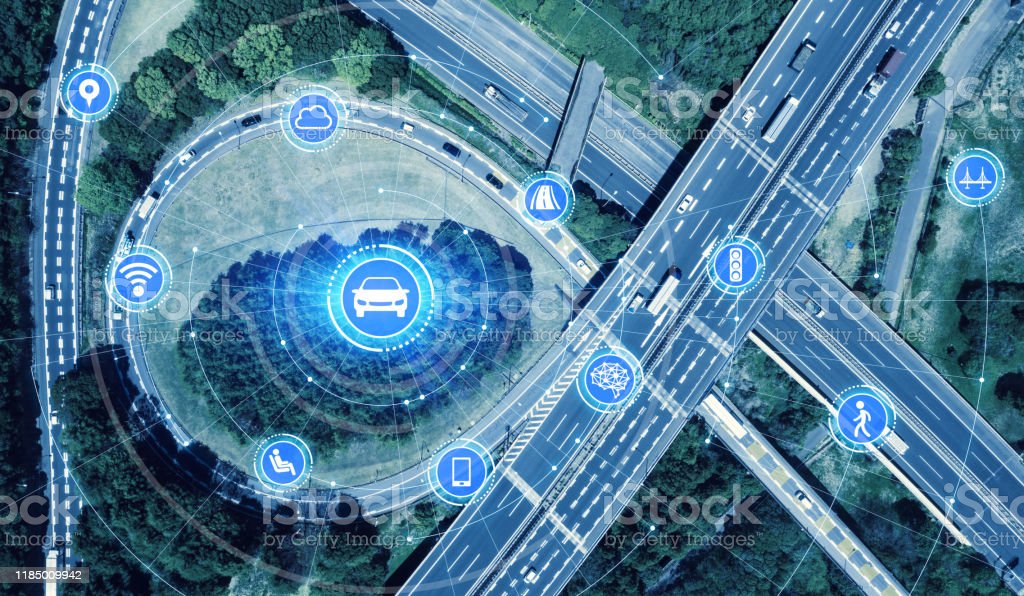Introduction:
In recent years, 5G technology has been a hot topic in the tech industry, promising to deliver faster speeds, lower latency, and better connectivity. With 5G networks rolling out across the globe, it's set to revolutionize the way we live and work, enabling new applications and services that were once impossible. In this blog, we'll explore what 5G technology is, its benefits, and its potential impact on different industries.
What is 5G Technology?
5G stands for the fifth generation of wireless technology, which is the successor to 4G LTE. Unlike its predecessor, 5G technology operates on higher frequency bands, which can deliver faster speeds and lower latency. This allows for a more reliable and responsive network, which can support new applications and services such as autonomous vehicles, remote healthcare, and smart cities.
How Does 5G Technology Work?
Unlike 4G, which uses lower frequency bands, 5G uses higher frequency bands that have more bandwidth available. This allows 5G networks to transmit more data at faster speeds. Additionally, 5G networks use advanced antenna systems, such as beamforming, to focus the signal in a specific direction, rather than broadcasting it in all directions. This reduces interference and improves the signal quality.
Benefits of 5G Technology:
There are several benefits of 5G technology, including:
Faster speeds: 5G technology can deliver download speeds up to 10 Gbps, which is significantly faster than 4G LTE.
Lower latency: 5G technology can reduce latency to as low as 1 millisecond, which is essential for applications that require real-time responsiveness.
Better connectivit : 5G technology can support a larger number of devices per square kilometer, making it ideal for dense urban areas with high device density.
Enhanced user experience: 5G technology can enable new applications and services, such as virtual reality and augmented reality, that require high bandwidth and low latency.
Potential Impact on Different Industries:
The potential impact of 5G technology on different industries is enormous. Here are some examples:
Healthcare: 5G technology can enable remote healthcare services, such as remote monitoring and telemedicine, which can help to reduce the burden on healthcare systems and improve patient outcomes.
Transportation: 5G technology can support the development of autonomous vehicles, which can improve road safety and reduce traffic congestion.
Manufacturing: 5G technology can enable the development of smart factories, which can increase efficiency and productivity by optimizing supply chain management and production processes.
Entertainment: 5G technology can enable new forms of entertainment, such as virtual reality and augmented reality, which can provide a more immersive and engaging experience for users.

Challenges of 5G Technology:
Despite the many benefits of 5G technology, there are also several challenges associated with its deployment. These include:
Infrastructure requirements: 5G technology requires a significant amount of infrastructure to be deployed, including new cell towers and fiber-optic networks.
Cost: The cost of deploying 5G technology can be significant, which may pose a barrier to its adoption in certain regions.
Security: 5G technology is more vulnerable to cyber attacks due to the increased number of devices and endpoints that are connected to the network.
Conclusion:
5G technology is set to revolutionize the way we live and work, enabling new applications and services that were once impossible. With its faster speeds, lower latency, and better connectivity, it has the potential to transform different industries, including healthcare, transportation, manufacturing, and entertainment. However, its deployment also poses several challenges, including infrastructure requirements, cost, and security. As 5G technology continues to roll out across the globe, it will be interesting to see how it impacts different industries and what new applications and services emerge in the years to come.
End the script with a call to action for your readers, such as subscribing to your blog, following you on social media, or sharing their thoughts and feedback in the comments section.
Thank You So Much For Your Valuabel Time To Read My Blog.















Comments
Post a Comment